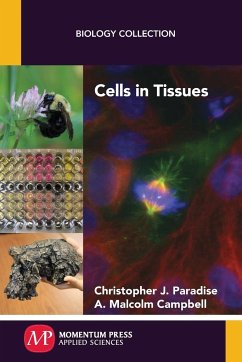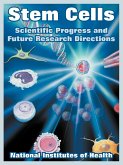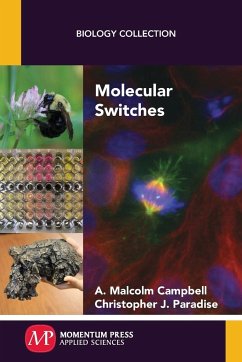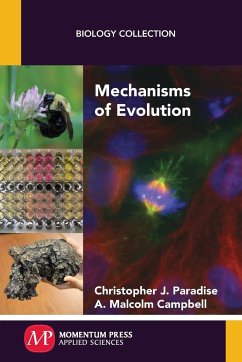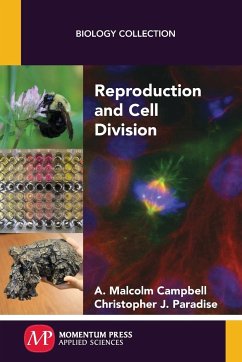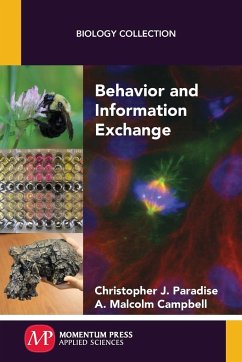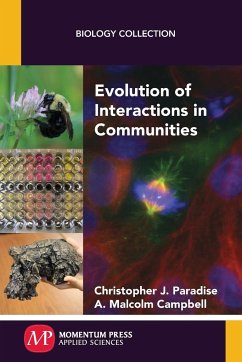Two systems illustrate how individual cells of an organ system function, communicate, and coordinate activities. The digestive system breaks down and absorbs nutrients, and some specialized cells break down and absorb nutrients. The case of parietal cells in the stomach and epithelial cells in the small intestine are used to describe how cells function as a unit within organ systems, coordinating activities and communicating with one another. The endocrine system of insects affects molting and metamorphosis, and specialized cells are also important in each of these processes within that organ system. The experiments that were devised to determine the role of hormones in insect molting and metamorphosis are described. Finally, stem cells are healthy components of several different systems in animal bodies and are described in relation to a disruption in function. In this breakdown of function, cancer cells, in contrast to stem cells, can abnormally affect cell cycle regulation.
Bitte wählen Sie Ihr Anliegen aus.
Rechnungen
Retourenschein anfordern
Bestellstatus
Storno

